How to Protect Your Hair from Chlorine and Saltwater | |
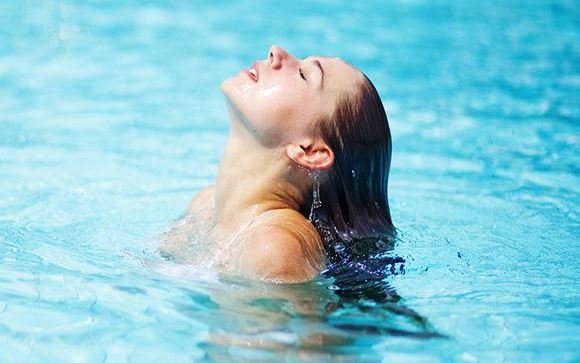
| |
Spending time in the pool or at the beach can be refreshing and enjoyable, but exposure to chlorine and saltwater can take a toll on your hair. Chlorine can strip your hair of its natural oils, leaving it dry and brittle, while saltwater can lead to dehydration and damage. However, with proper precautions and care, you can protect your hair from the harmful effects of chlorine and saltwater. In this article, we will share effective tips to help you maintain healthy and beautiful hair even after swimming. 1. Rinse Your Hair Before SwimmingOne of the best ways to protect your hair from chlorine and saltwater is to rinse it thoroughly with fresh water before taking a dip. By saturating your hair with clean water, it absorbs less chlorine or saltwater, creating a barrier that minimizes their damaging effects. 2. Apply a Protective Hair Oil or ConditionerBefore swimming, apply a protective hair oil or leave-in conditioner to your hair. These products help create a barrier between your hair and the water, reducing the absorption of chlorine or saltwater. Look for products specifically designed for swimming that contain ingredients like coconut oil or argan oil, known for their protective and moisturizing properties. 3. Wear a Swim CapA swim cap is a simple yet effective way to shield your hair from chlorine or saltwater. It forms a physical barrier that prevents direct contact between your hair and the water. Invest in a high-quality, properly fitted swim cap to ensure maximum protection. Additionally, wearing a swim cap can also help protect your hair from UV rays. 4. Wet Your Hair with Fresh WaterBefore entering the pool or ocean, wet your hair with fresh water. When your hair is already saturated, it absorbs less chlorine or saltwater. Keep a spray bottle filled with clean water handy to dampen your hair periodically while swimming. 5. Limit Your Exposure TimeProlonged exposure to chlorine or saltwater can increase the damage to your hair. Limit your time in the water to minimize the impact. Take breaks to rinse your hair with fresh water and give it a chance to recover from the harsh chemicals or salt. 6. Rinse Your Hair Immediately After SwimmingAfter swimming, it's essential to rinse your hair thoroughly with fresh water as soon as possible. This helps remove any residual chlorine or saltwater from your hair. Use a gentle shampoo and conditioner specifically formulated for swimmers to eliminate chlorine or saltwater build-up and restore moisture. 7. Deep Condition RegularlyTo counteract the drying effects of chlorine and saltwater, incorporate deep conditioning treatments into your hair care routine. These treatments provide intense hydration and nourishment to restore moisture and strengthen your hair. Look for deep conditioning products that are designed to repair and revitalize hair damaged by swimming. 8. Protect Your Hair from the SunExposure to the sun can further damage your hair when combined with chlorine or saltwater. Protect your hair by wearing a hat or using UV-protective hair products. Look for leave-in sprays or serums that offer sun protection to shield your hair from harmful UV rays. FAQs (Frequently Asked Questions)FAQ 1: Can I prevent chlorine or saltwater damage completely?While it's challenging to prevent chlorine or saltwater damage entirely, taking preventive measures and proper hair care can significantly minimize the damage. Following the tips mentioned above will help protect your hair and keep it healthy despite exposure to chlorine or saltwater. FAQ 2: How often should I wash my hair after swimming?It is recommended to wash your hair immediately after swimming to remove chlorine or saltwater residue. However, excessive washing can strip your hair of natural oils, leading to dryness. Find a balance that works for your hair type and consider using a gentle shampoo and conditioner to maintain its moisture. FAQ 3: Can I use clarifying shampoos to remove chlorine or saltwater build-up?Yes, clarifying shampoos are specifically designed to remove build-up from chlorine, saltwater, and other hair products. However, they can be drying, so it's essential to follow up with a moisturizing conditioner or deep conditioning treatment to restore hydration. FAQ 4: Are there any natural remedies to protect hair from chlorine or saltwater?While natural remedies may provide some protection, they are not as effective as dedicated hair care products. However, rinsing your hair with apple cider vinegar or applying a coconut oil mask before swimming can provide a temporary barrier against chlorine or saltwater. FAQ 5: Can I swim with dyed or chemically treated hair?Dyed or chemically treated hair is more susceptible to damage from chlorine or saltwater. To protect your color or treatment, follow the tips mentioned above, such as rinsing before swimming, wearing a swim cap, and using protective hair products. FAQ 6: Can I protect my hair from chlorine or saltwater damage without using chemicals?Yes, there are chlorine-neutralizing shampoos available that help remove chlorine and prevent damage. Look for products that contain vitamin C or other natural ingredients to neutralize the effects of chlorine. ConclusionEnjoying a swim doesn't mean sacrificing the health and beauty of your hair. By following these tips and taking the necessary precautions, you can protect your hair from the damaging effects of chlorine and saltwater. Remember to rinse before swimming, apply protective products, wear a swim cap, and rinse and condition your hair after swimming. With proper care, you can maintain healthy, vibrant hair, even after enjoying a dip in the pool or ocean. | |
| Category: Hair Care | |
| Total comments: 0 | |
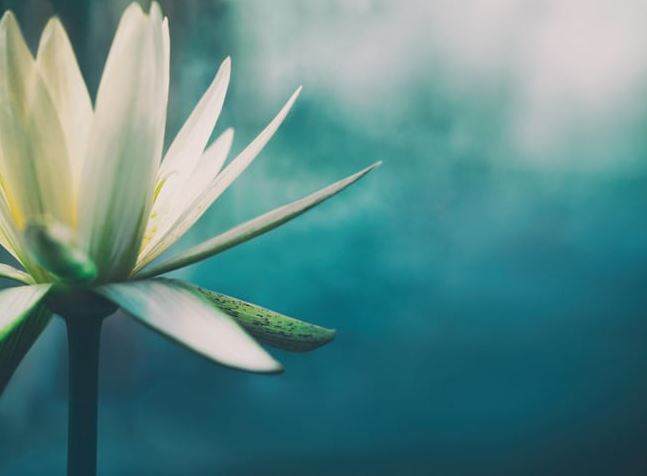 |
| How to incorporate mindfulness into everyday activities |
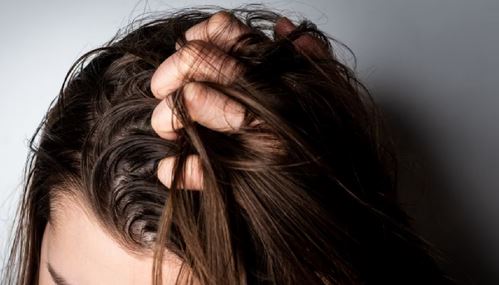 |
| Tips for Managing Greasy Hair and Scalp |
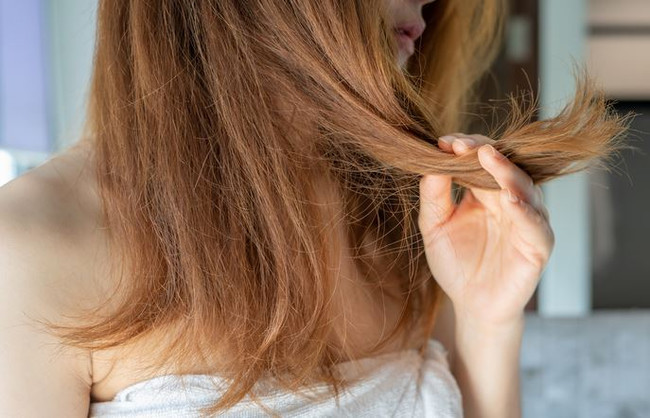 |
| The Best Hairstyles for Humid Weather |
 |
| Exploring alternative therapies for holistic wellness |
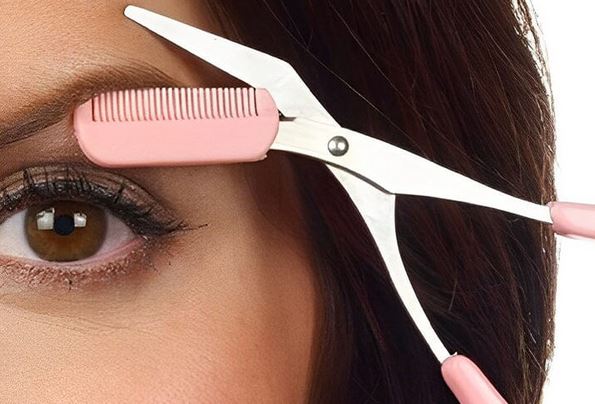 |
| How to choose Eyebrow Trimmers |
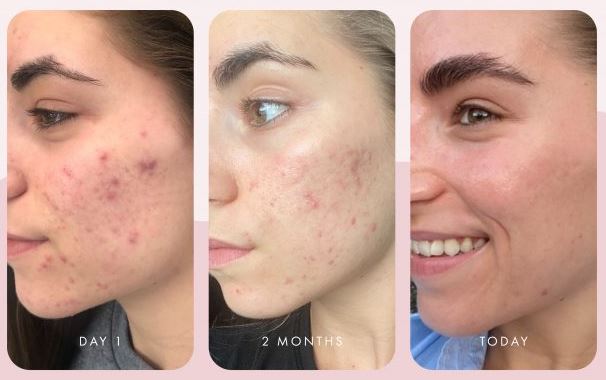 |
| How to create a skincare routine for acne-prone skin |
 |
| How to find the perfect pair of jeans |
 |
| The Best Hairstyles for Active Lifestyles |
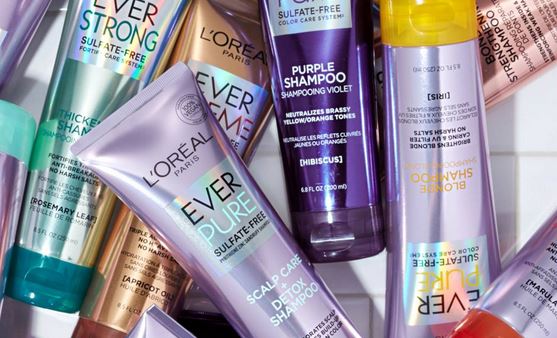 |
| The Benefits of Using Sulfate-Free Shampoos and Conditioners |
